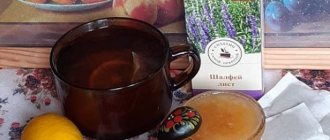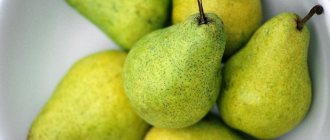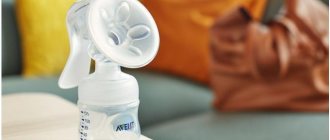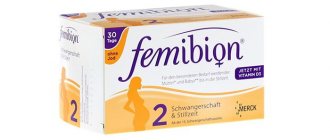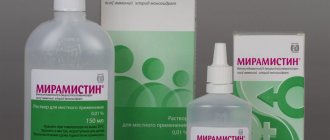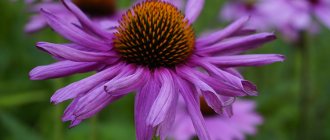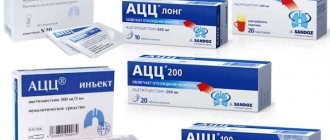Many lactating women suffer from a runny nose. Nasal congestion, discharge, sneezing, redness of the skin and eyes, watery eyes. As a result, breathing and sleep disorders, bad mood. Caring for a newborn in this condition is quite difficult. In addition, nursing mothers are more likely to develop complications (sinusitis, sinusitis) due to weakened immunity after childbirth.
Nazivin is a synthetic drug that is used to treat rhinitis. The drug constricts blood vessels and eliminates swelling in the nasal cavity. Can Nazivin be used while breastfeeding? More on this later.
Is it possible to use the drug for breastfeeding, including children?
Difficulty breathing and constant discharge from the nasal passages are not the only inconveniences.
A runny nose also entails redness from the scarves around the nose and sidelong glances from others, frequent attacks of headaches, all this is very annoying and accordingly spoils all the delights of life for a nursing woman!
Is it possible to use Nazivin during lactation to eliminate annoying symptoms? According to the official instructions, the use of Nazivin by a nursing woman is possible only under the strict supervision of the attending physician and in complex therapy of the disease. Often mothers use children's Nazivin, the active ingredient in it is significantly reduced, depending on the age of the baby.
Those. if a breastfed child is less than one year old, then the woman prefers to use nasal drops Nazivin 0.01%. If the baby is one year old or older, then an appropriate andrometic is selected with a proportion of the active substance of 0.025%.
It is worth remembering with this use that the rate of oxymetazoline included in the composition is designed for the body of a child, and not for an adult, and accordingly, the duration of action will be sharply reduced.
This leads to a significant increase in the number of instillations per day and can sometimes even exceed the norm for an adult (0.05%).
Where is the benefit that a woman will instill 0.01% every hour for 6 hours to relieve symptoms (total 6 * 0.01 = 0.06%) and that she will use nasal drops for adults (0.05 %), the validity period of which is from 8-12 hours?!
However, of course, everyone can decide for themselves. If a young mother is sure that she will not exaggerate the permissible norm, then why not !
Indications for use
The spectrum of action of this drug is based on the fact that with the help of the active substance included in the composition - oxymetazoline:
- nasal breathing becomes easier;
- swelling of the mucous membrane in the upper respiratory tract decreases;
- blood vessels narrow.
This drug is used for:
- Treatment of acute respiratory infections accompanied by rhinitis.
- Runny nose and stuffiness caused by allergies.
- For inflammation of the nasal mucosa caused by impaired tone of blood vessels (vasomotor rhinitis).
- For otitis media.
- Before surgical intervention in the nasal passages to remove swelling.
Contraindications and side effects
Nazivin is far from the safest drug for rhinitis . The list of its contraindications is quite long. It includes diseases such as:
- atrophic rhinitis;
- angle-closure glaucoma;
Forbidden:
- children under 6 years of age (drops and nasal spray 0.05%);
- people with high sensitivity to the components of the drug included in the composition.
Should be used with caution:
- When using MAO inhibitors and other drugs that can increase blood pressure together, as well as 10 days after discontinuation of these medications.
- If there is increased intraocular pressure.
- Women who are pregnant and during lactation.
- If there is a severe form of cardiovascular disease (arterial hypertension, angina, etc.).
- If you have hyperthyroidism (thyroid disease).
- Diabetes.
The list of possible side effects is also not small, this:
- Dryness and burning of the mucous membrane, frequent sneezing and reactive hyperemia, i.e. feeling of stuffiness.
- Central nervous system (CNS) disorders, such as lack of sleep, increased fatigue, anxiety, migraines and headaches.
- Gastrointestinal upset (nausea).
- Cardiac ailments, such as tachycardia and aortic hypertension.
- Drug-induced rhinitis, tachyphylaxis.
general information
The drug is produced in the form of drops and sprays, which have the following composition:
Drops:
- oxymetazoline;
- benzalkonium chloride;
- trilon B;
- sodium dihydrogen phosphate dihydrate;
- sodium phosphoric acid 2-substituted, 2-water;
- sodium hydroxide (1M solution);
- distilled water.
Spray:
- oxymetazoline;
- food additive E330;
- sodium salt of citric acid;
- glycerol;
- benzalkonium chloride;
- distilled water.
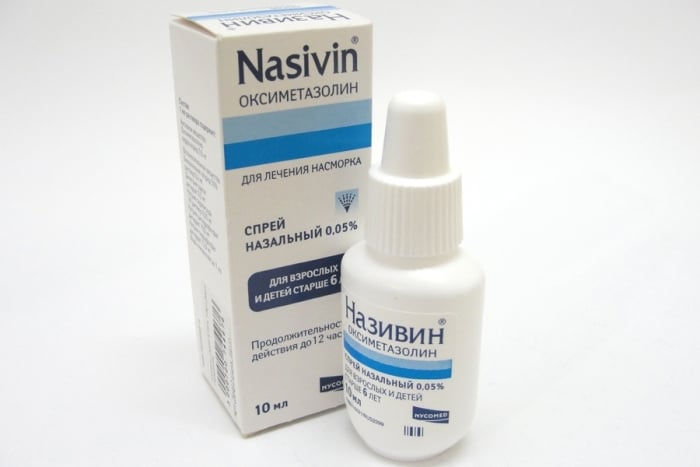
Dosage forms differ in the concentration of the main component (oxymetazoline): drops with a concentration of 0.01% (for newborns) and 0.025% (for children), drops and spray 0.05% (from 6 years and older).
After treating the nasal cavity, oxymetazoline constricts blood vessels, reduces the volume of mucus, normalizes breathing through the nose, and relieves swelling. The drug prevents bacterial complications (inflammation of the maxillary or paranasal sinuses, middle ear). According to the instructions, if the dosage is followed, there is no systemic effect.
The therapeutic effect appears a few minutes after treatment of the nasal cavity, and it lasts about 12 hours. The drug is used to eliminate swelling and reduce mucus secretion from the nose in infants.
Indications for use of Nazivin:
- ARVI with runny nose;
- Runny nose of allergic origin;
- Chronic runny nose;
- Restoring drainage function in case of sinusitis, inflammation of the Eustachian meatus or middle ear;
- Elimination of swelling before diagnostic procedures in the nasal cavity.
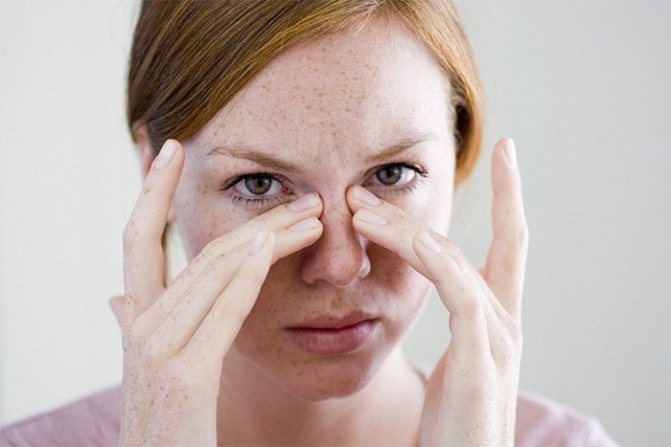
Recommendations for use
When taking Nazivin during lactation, you must strictly adhere to the dosage prescribed by your doctor. In no case should you self-medicate; it is also necessary to mention that this medication only alleviates the symptoms of the disease, and does not fight it.
Therefore, together with taking nasal drops or spray, a full range of treatment should be organized. This also applies to taking other medications, frequent warm drinks, rinsing the nasal cavity with saline solution as often as possible, ventilating the room, and lying down.
IMPORTANT! According to the international medical directory, Nazivin has a 1st degree risk. This means that the medication can be taken for no longer than 3 to 5 days.
Which is better: drops or spray?
Nazivin can be used either in the form of drops or as a spray. What exactly is the difference between a spray and nasal drops? And what is more effective?! Let's consider the principle of nasal instillation :
- Before starting the process, it is worth cleaning the nasal cavity (rinse).
- Lie on your back and tilt your head back a little and turn your head to the side. In this position, the drops will correctly enter the sinuses. Apply according to instructions.
Aerosols are much more convenient to use:
- There is no need to take a horizontal position, throw back your head and drip drops.
- After rinsing, simply spray the drug into the nasal cavity by pressing a special dispenser.
- Another advantage of nasal sprays is that the risk of overdose is eliminated.
In terms of effectiveness in the treatment and elimination of symptoms of the disease, sprays and drops do not have much difference , since the composition of the drug is the same. Their differences are mainly due to ease of use. For some, nasal drops are more suitable (for example, patients under the age of one year, because sprays are contraindicated for them), for others, sprayers are more convenient (can be used in public places, etc.)
Dosage and course duration
Since this drug is strictly used during lactation under the supervision of a doctor, the dosage should be prescribed by a specialist, taking into account all the nuances of the disease. The course lasts, according to the instructions, from 3 to 5 days.
REFERENCE! Drops and sprays based on the substance oxymetazoline - facilitate nasal breathing, relieve swelling of the mucous membrane, and constrict blood vessels. They begin to act within 10-15 minutes, with a duration of up to 6-8 hours.
In conclusion, it is definitely worth saying that taking medications while feeding your baby with breast milk is extremely undesirable . But sometimes grandma’s health recipes don’t help and you can’t do without pharmaceuticals. In this case, you must strictly follow all instructions so as not to harm the child. A young mother needs to take care of her health, because the future immunity of the baby depends on her.
What to do if you have a cold

How to treat? Rhinitis is a disease that normally lasts from 5 to 14 days and is easily treatable. It does not threaten the health of the mother and child, but if left untreated, it can cause complications such as sinusitis. And then you will have to treat sinusitis in adults with antibiotics. That is why you cannot rely on “it will go away on its own” and ignore the doctor’s prescriptions, because drug treatment harms lactation much less than viruses, which every sick person involuntarily becomes a carrier of. It is absolutely not necessary to interrupt feeding if you have a cold, but you will have to follow a special regime for some time.
The video talks about treating a runny nose while breastfeeding:
How to treat a severe runny nose during pregnancy can be found in this article.
Since absolutely everything that a nursing woman ingests enters her baby’s body along with milk, the treatment should be selected accordingly. The first thing you need to do is see a doctor. Only he will be able to name the real cause of rhinitis and determine treatment. For this purpose, allergy tests and blood tests may be prescribed. If the malaise is caused by a viral infection, and the mother’s condition does not cause concern (there is no too high temperature, no headaches), then the doctor will advise you to use traditional methods of treatment.
What albucid looks like for a runny nose in children is indicated in the article.
- Drink plenty of fluids. This is the first and main principle of recovery from any ARVI. During illness, the body loses a lot of fluid, which comes out through sweat and urine, so its amount must be constantly replenished. Mineral water, juices, teas, and herbal infusions are suitable for this purpose. In addition, the liquid will prevent the mucous membranes of the nose from drying out, which is very important, since mucus is an additional barrier to germs.

- Warming up . This seemingly primitive procedure is actually very effective. Heat causes increased blood circulation in the heated area, prevents the spread of bacteria, and helps clear the nasal passages. To warm up, you can use any convenient and available means - a hard-boiled chicken egg, coarse table salt heated in a frying pan, jacket potatoes, a blue lamp familiar to many from childhood, and even a round stone calcined in the oven. The main principle of the procedure is to do no harm, that is, do not overdo it with treatment. The heat should be pleasant, not scalding.
- Soaring feet and palms - another well-known home manipulation. It doesn’t require much effort – you can put some hot water in a basin and put your feet in it even while feeding. As the water cools, you need to add hot water. The procedure will be more effective if mustard powder is poured into the basin. You can only steam your feet at normal body temperature.
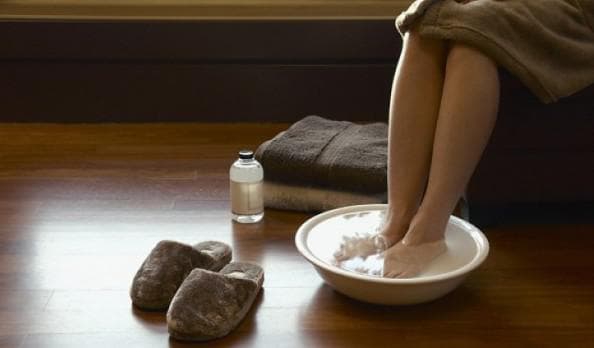
- Nasal rinsing . The best remedy for this is salted boiled water (0.5 teaspoon per glass of water), but you can also use infusions of chamomile, string, thyme, coltsfoot. To carry out the manipulation, you need to draw a small amount of solution into a syringe, tilt your head to the side over the washbasin, and direct the stream with gentle pressure into the upper nostril. When the solution begins to flow out of the other nostril, you should blow your nose. Repeat the same with the second nostril.
What to do when your eyes are watery and runny is indicated in this article.
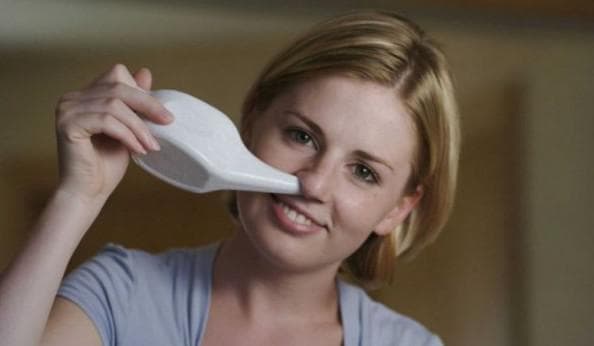
- Aromatherapy . The ability of some essential oils to strengthen the immune system and neutralize viruses can help treat a runny nose. Oils of tea tree, eucalyptus, citrus, chamomile, basil, cloves, lavender, patchouli, cypress, mint, anise, thyme, coniferous trees, and thyme are suitable for a nursing mother. For one aroma lamp, 3-4 drops of oil are enough.
You can learn what to do when you have a sore throat and runny nose from this article.

- Inhalations using the gifts of nature: garlic, onions, mashed potatoes. Inhaling warm vapors will help significantly alleviate the symptoms of the disease.
How to use a spray for allergic rhinitis can be found in the article.

- Nasal drops aloe or Kalanchoe juice for a runny nose. Both of these plants have a disinfecting and moisturizing effect, which is very useful for rhinitis. To prepare the infusion, you need to tear off the oldest (bottom) leaf of the plant and squeeze out all the juice from it. Then dilute it with boiled water at room temperature in a ratio of 1:5 and instill the resulting solution in your nose three times a day, 3-4 drops.
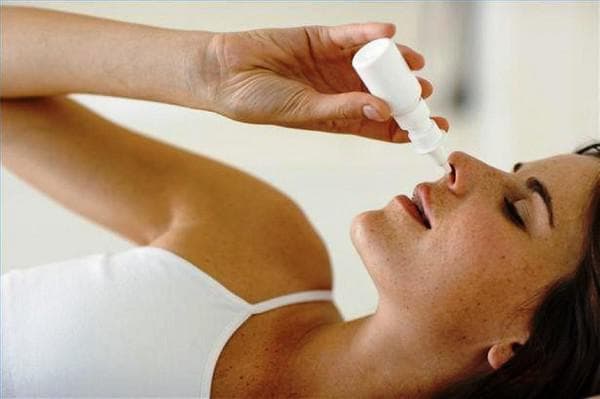
Plants that are at least two years old have medicinal properties, and they can only be used fresh - the next day the mixture is no longer suitable for use.
How inhalations occur during pregnancy with a runny nose is indicated in the article.
If the problem arose due to an allergy, then the doctor’s initial task is to identify the irritant. To do this, you may have to take skin tests, which will help determine the substance that caused the body's protective reaction. As long as there is a suspicion of allergic rhinitis, it is necessary to exclude herbal infusions and essential oils from treatment - they can intensify the symptoms of the disease.
